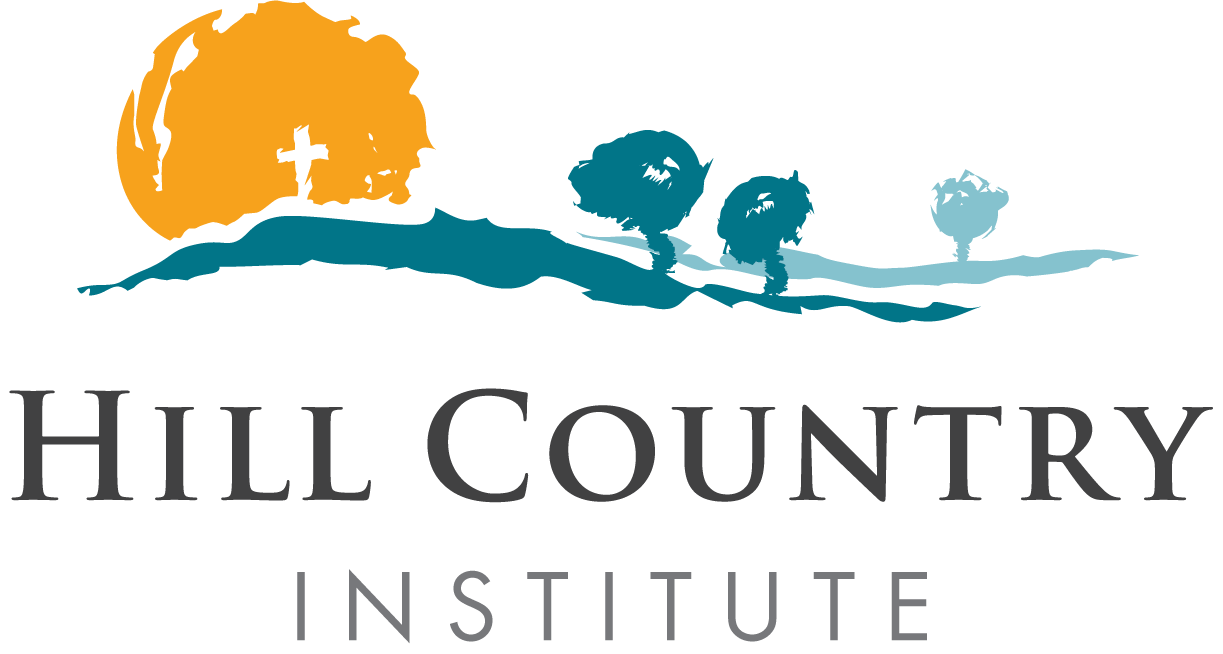Science carries great authority in our culture. For much of the public, however, aspects of the scientific enterprise are marked by controversy. Near the top of that list is evolution, a theory widely held by scientists to be the cornerstone of modern biology. Yet over the past decade, in the face of unexpected genetic discoveries, even some evolutionary biologists have openly questioned Darwin's "Tree of Life" — the theory of common descent of all life on Earth from a single organism.
In this forum, two philosophers of biology with expertise in the area debated the current status and the future of Common Descent. Velasco defended the mainstream evolutionary position; Nelson challenged it.
John presents his position, which interprets Genesis 1 as ancient literature. At the heart of the position is the evidence that it does not intend to offer a material account of origins, but a functional account of origins based on the premise that the created world is the cosmic temple of God. This material has been published in a number of places, most conveniently in the IVP book, The Lost World of Genesis One. There will be ample time for questions and interaction.
Read MoreThe judgment of God upon humanity at Babel was division, and the work of Christ was to effect reconciliation. The mark of the church therefore is unity and it is that which must be reflected amongst believers in the midst of diversity of opinion and thought on many issues. The way in which we reflect that unity marks us out as authentic disciples of Christ.
Read MoreAs God guides the Creation with His providential care with the laws of chemistry and physics, materials that make up the earth leave behind geologic evidence for the passage of time. The very best examples are the rings we see in a cut tree trunk, and sediments that are seen as annual layers based on seasonal cycles in some lakes. Radioactive atoms in the Creation can be used to age-date some organic materials and certain minerals. The present rate of plate tectonic separation of North America from Africa provides dramatic evidence supporting the ancient history formation of the Atlantic ocean. Multiple radioactive decay methods offer abundant evidence that the earth is 4.5 billion years old.
Read MoreDan's commission is to reflect on what science can tell us and what it can't; to give a humble but accurate qualification of what human investigation can contribute to our lives; one that is not too high and not to low. For several generations many in science have been saying that Christianity does not have a place at the table; that Christianity has no contribution to make. The information that Dan presents in this talk gives strong indications from science that if we are to have confident answers in the areas that matter to us most, Divine revelation must play the dominant role, not human investigation. The essence of science is inextricably interwoven with its limits. When our understanding of the limits of science changes, our understanding of science itself changes.
Read More






